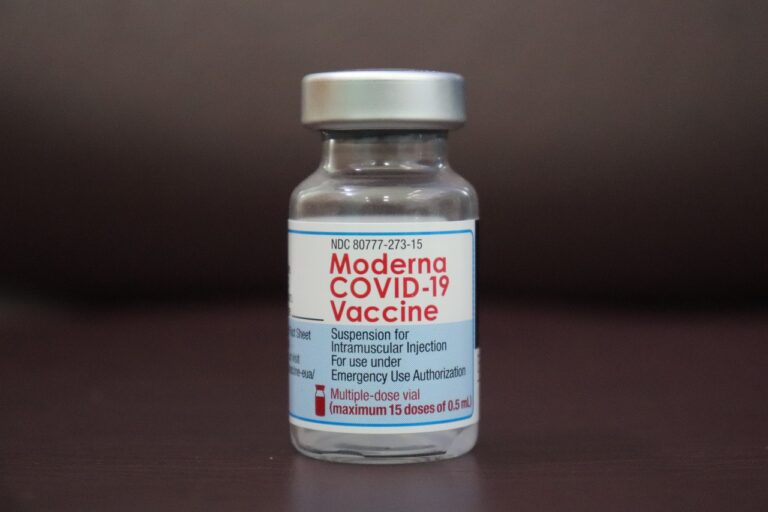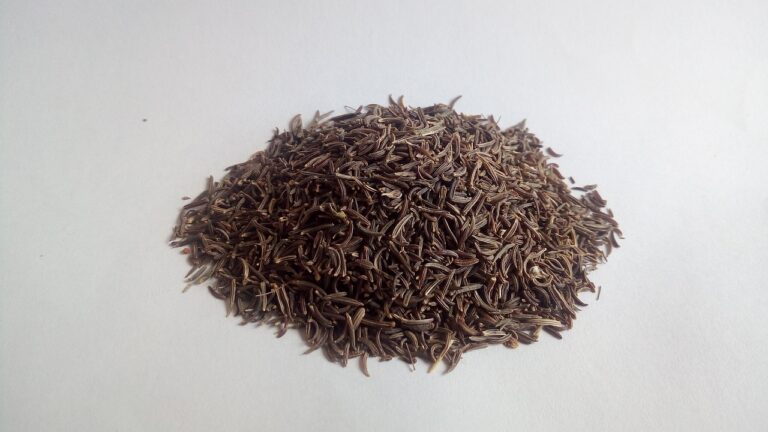Understanding the Health Benefits of Pears
Pears are packed with essential vitamins and minerals that contribute to overall health. They are an excellent source of dietary fiber, which aids digestion and helps prevent constipation. The high fiber content in pears also supports heart health by helping to lower cholesterol levels and reduce the risk of heart disease.
Additionally, pears contain antioxidants like vitamin C and copper, which help combat inflammation and protect against chronic diseases. These antioxidants also promote healthy skin by fighting free radicals that can damage skin cells. Incorporating pears into your diet can boost your immune system and contribute to a glowing complexion.
Nutritional Profile of Pears
Pears are not only delicious but also packed with essential nutrients. A medium-sized pear contains about 100 calories, making it a light and nutritious snack option. These fruits are a good source of dietary fiber, providing around 6 grams per pear, which can aid in digestion and support heart health.
Moreover, pears are rich in vitamin C, providing nearly 12% of the recommended daily intake. This vitamin is crucial for boosting the immune system and promoting healthy skin. Additionally, pears contain potassium, a mineral important for regulating blood pressure and supporting muscle function. With their low calorie count and high nutrient content, pears are a smart choice for anyone looking to maintain a balanced diet.
What are some health benefits of pears?
Pears are a great source of dietary fiber, vitamin C, and antioxidants, which can help improve digestion, boost the immune system, and reduce inflammation in the body.
Are pears a good source of vitamins and minerals?
Yes, pears are rich in vitamin C, vitamin K, potassium, and folate, making them a nutritious fruit choice for overall health and well-being.
How can pears contribute to a healthy diet?
Pears are low in calories and fat, but high in fiber, making them a filling and satisfying snack that can help aid in weight management and promote digestive health.
Can pears help lower cholesterol levels?
Yes, the fiber content in pears can help lower LDL (bad) cholesterol levels in the body, reducing the risk of heart disease and improving overall heart health.
Are pears a good option for those with diabetes?
Pears have a low glycemic index, which means they do not cause a rapid spike in blood sugar levels. This makes them a suitable fruit choice for individuals with diabetes when consumed in moderation.







